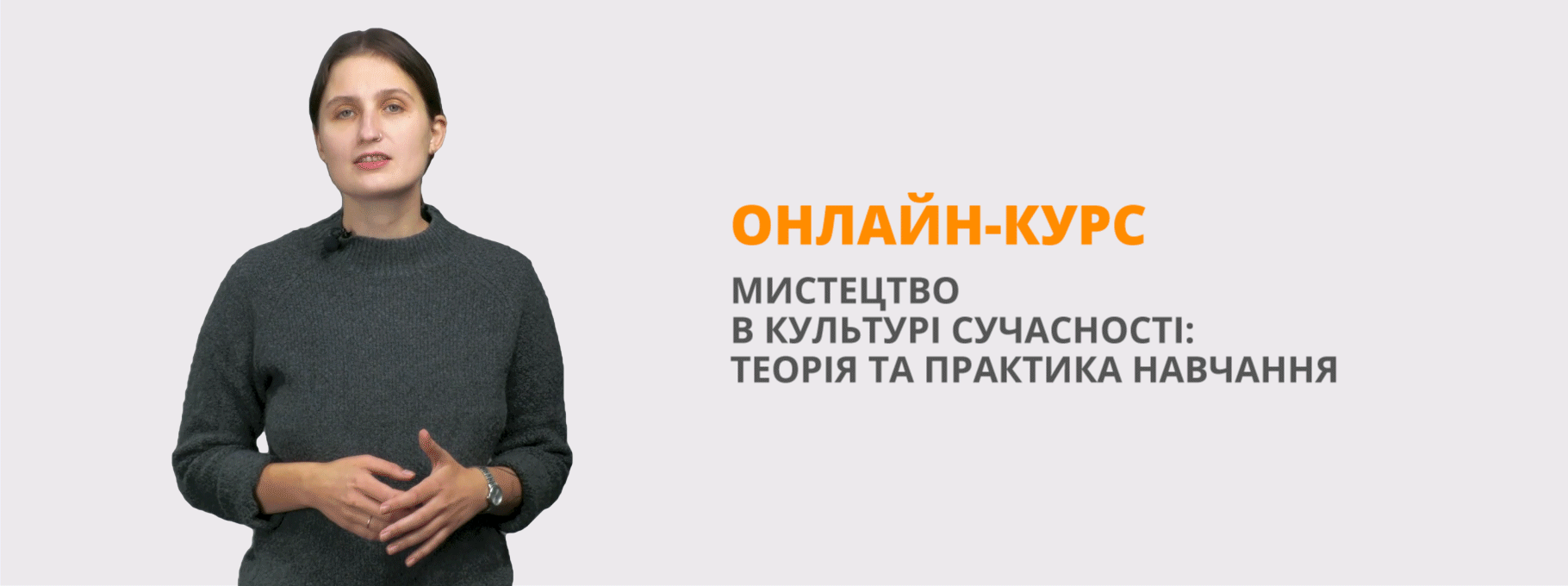Урок англійської мови у 8 класі з елементами STEM-освіти.
Topic: ENVIRONMENTAL PROTECTION
Objectives:
- to introduce the topic and to present new lexical units;
- to develop creative thinking skills;
- to arouse the students’ desire to learn.
Teaching aids and equipment: O. D. Karpiuk “Welcome to English Study 9”, visual aids.
Procedure:
1. Greeting. Warming - up:
T.: Good morning everybody! I’m glad to see you today. How are feeling today? What things make you feel good and happy? (Good weather, excellent grades). Do you think clean air and green trees and grass can also make us feel good?
S.: Yes, they are very important. Everybody would like to live in the clean environment.
T.: So today we start learning a new topic “Environmental protection”. We will speak about the environmental problems. We will find out what causes them, how to protect the environment in our country. We will also work out what we can do to save the rich flora and fauna world. At the end of the topic you’ll have to make a project work about environmental issues in our neighborhood.
2. Brainstorm:
Look at the pictures of the problems connected with the nature and try to guess the meaning of the new words: acid rain, industrial waste, deforestation, flood, water pollution, land pollution, volcanic eruption, rubbish. Which of the problems is our country facing? Can you list them in order from most to least serious?
3. Grammar revision (Passive voice). Complete the following sentences about the problems our planet faces using Present Continuous Passive forms:
The air (pollute) by smoke and gases from factories. (is being polluted).
Seas and oceans (contaminate) due to oil spills. (are being contaminated).
Forests (wipe out) as a result of deforestation. (are being wiped out).
Crops (destroy) by frequent flooding. (are being destroyed).
Fish stocks (reduce) because of overfishing. (are being reduced).
4. Lexical vocabulary presentation and practicing. Individual, chorus reading repetition; presenting the translation of the words:
ozone layer – озоновий прошарок
ultraviolet radiation –ультрафіолетове випромінювання
greenhouse gases – парникові гази
greenhouse effect – парниковий ефект
carbon dioxide – вуглекислий газ
exhaust fumes – вихлопні гази
global warming – глобальне потепління
weather patterns – погодні умови
depletion – виснаження.
5. Students make up their own sentences with the word combinations. For example:
Volcanoes produce greenhouse gases.
Ultraviolet radiation can cause skin cancer.
Exhaust fumes cause air pollution.
Aerosol sprays and other chemicals destroy the ozone layer.
6. Students answer the teacher’s questions and ask each other their own questions.
Why is global warming one of the most important issues today?
What harm do exhaust fumes do?
How do greenhouse gases appear?
Where does ultraviolet radiation come from?
What destroys the ozone layer?
How is carbon dioxide produced?
7. Say what problems our planet faces and what causes them. Examples:
Factories are burning oil, coal and wood and produce carbon dioxide. These have formed a blanket around the earth. The blanket traps the heat of the sun. This is the greenhouse effect. Volcanoes, trees and animals produce natural greenhouse gases. Aerosol sprays and other chemicals destroy the ozone layer. They have helped to make a huge hole in it. Now, too much ultraviolet radiation enters the Earth’s atmosphere through the hole. Ultraviolet radiation can cause skin cancer.
8. Listening: Listen to the dialogue and identify the environmental problem:
A.: Hey Pete! What are you doing today? Have you got any plans?
B.: It would be great to go fishing! Fancy joining me?
A.: Did you hear the warning on the radio this morning?
B.: No, what warning?
A.: Apparently the air quality today will not meet recommended levels.
B.: What does that mean?
A.: It means that the air over the city is not moving at all. It’s just like a thick cloud of polluted gas all around us.
B.: That sounds terrible!
A.: It is! Doctors recommend that the elderly and everyone with breathing difficulties should stay inside all day today.
B.: Oh dear! It sounds like we will all have breathing difficulties soon if the air quality doesn’t improve. (Answer: Air Pollution).
9. Speaking:
T.: Can you remember any words from the dialogue related to the theme? Now let’s try to dramatize the dialogue. You can use your own phrases and words.
10. Home assignment:
To learn lexical vocabulary by heart, to practice writing it;
To make up 5 sentences and 5 questions with the new LV.
10. Summarizing the lesson.
What new things and information have you acquired at this lesson?
11. Evaluation of the students’ work at the lesson


про публікацію авторської розробки
Додати розробку
